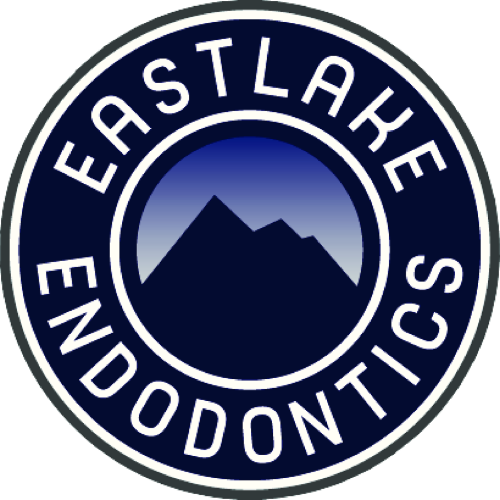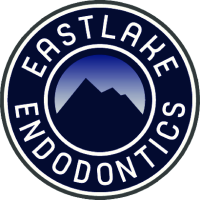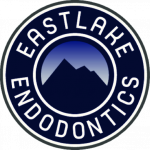"Helping you live your Best life"
Request Appointment
Welcome to Our Practice
We are a specialty office performing root canal therapy. It is all we do. There is not substitute for experience when it comes to providing you with the most modern, advanced care available.
The GentleWave® System delivers a broad range of sound waves within the complex anatomy found within the tooth, in concert with continuous irrigation. The root canal system consists of intricate channels for the nerves and blood vessels. In a matter of minutes, this procedure results in complete cleaning and disinfecting of this entire network of canals. The incredible effectiveness of this system also allows us to conserve more tooth structure than ever before.
We are very proud to be able to offer this level of care to our patients. Dr. Jonathan Richards is fully certified in the use of the GentleWave® System and will gladly answer any questions you may have about this exciting new technology.

The Dental Microscope
The use of a microscope facilitates the overall root canal treatment process because it provides Dr. Richards with a better view of your situation. From the consultation/diagnosis to the root canal procedure, and through the placement of a reinforcing restoration, every step is improved and more precise due to increased magnification and illumination. Benefits include the assessment of fractures, better canal location, confirmation of debridement, among many other benefits.
3D CBCT Imaging
Here at Eastlake Endodontics, we have found that the detail and quality of care we provide is greatly enhanced with the use of 3-D CBCT imaging. Practitioners universally agree that a full clinical and radiographic exam is required to best understand a case and plan for treatment. Because your tooth is a 3-D structure, this type of imaging provides a additional views not possible with “traditional” 2-D xrays.
CBCT imaging has proven to be useful for consultation, diagnosis, delivery of the root canal procedure, post-operative assessment, and for the long-term follow up.
reviews
Frequently Asked Questions
What is Endodontics?
Endodontics is a specialty of Dentistry that deals with diseases of the dental pulp and its supporting structures. The dental pulp is the “live” part of the tooth and is located in the space and channels with the tooth itself. Endodontists are Dentists with special post-graduate training in this field. Endodontists are also experienced at finding the cause of oral and facial pain that has been difficult to diagnose. Although General Dentists can perform Endodontic treatment, patients are often referred to an Endodontist when the case is complicated or more difficult than usual.
In order to understand Endodontic treatment, it helps to know something about the anatomy of a tooth. Teeth have several layers. The outside layer of the tooth is composed of a hard layer called Enamel. Enamel is supported by an inner layer called Dentin, which has at its center a soft tissue known as the Pulp. The pulp contains blood vessels, nerves, and connective
Endodontists are experienced at finding the cause of oral and facial pain that has been difficult to diagnose.
tissue that are responsible for forming the surrounding Dentin and Enamel during tooth development. The pulp receives its nourishment supply from vessels which enter the end of the root. Although the pulp is important during development of the tooth, it is not necessary for function of the tooth. The tooth continues to be nourished by the tissues surrounding it even after the pulp is removed.
What are signs and symptoms of an inflamed tooth?
Indications for treatment include prolonged sensitivity to heat or cold, discoloration of the tooth, swelling or tenderness of the tooth or adjacent gums. Sometimes there are no symptoms. Check out our URGENT CARE guide for short term help until you can be seen.
How long will treatements be?
Initial appointments for diagnosis only usually last about 30 minutes. If treatment is anticipated, appointment duration may range from 45 minutes to 90 minutes or more.
How can Endodontic treatment help me?
The Endodontist removes the inflamed or infected pulp, carefully cleans and shapes the canal system and then seals the prepared space. Most treatment is now performed in a single appointment ranging from 30-90 minutes (depending on the number of canals). Once treatment is completed, you may be instructed to return to your dentist for permanent reconstruction. The restoration of the tooth is an important part of treatment because it seals the cleaned canals from the oral environment, protects the tooth and restores it to function.
Will I feel pain during or after procedure?
Toothache pain is the main reason for patients seeking treatment. Fortunately, modern anesthetics can make the procedure pain free in most cases. Seeking treatment early makes the procedure more comfortable, so don’t wait. When caught early, treatment should feel no different than having a “regular” filling.
For the first few days after treatment, there may be some sensitivity to biting pressure, especially if there was pain or infection before the procedure. Sometimes over-the-counter anti-inflammatory medications (like Advil) are recommended for a day or two. Dr. Richards can prescribe other medications but they are rarely required.
What would I need Endodontic Services?
Endodontic treatment is necessary when the pulp becomes inflamed or infected. The most common reasons for inflammation or infection are deep cavities (caries), repeated dental procedures, cracks or chips. Trauma can also cause inflammation and often shows up as discoloration of the tooth. If pulp inflammation or infection is left untreated, it can cause pain or lead to an abscess.





